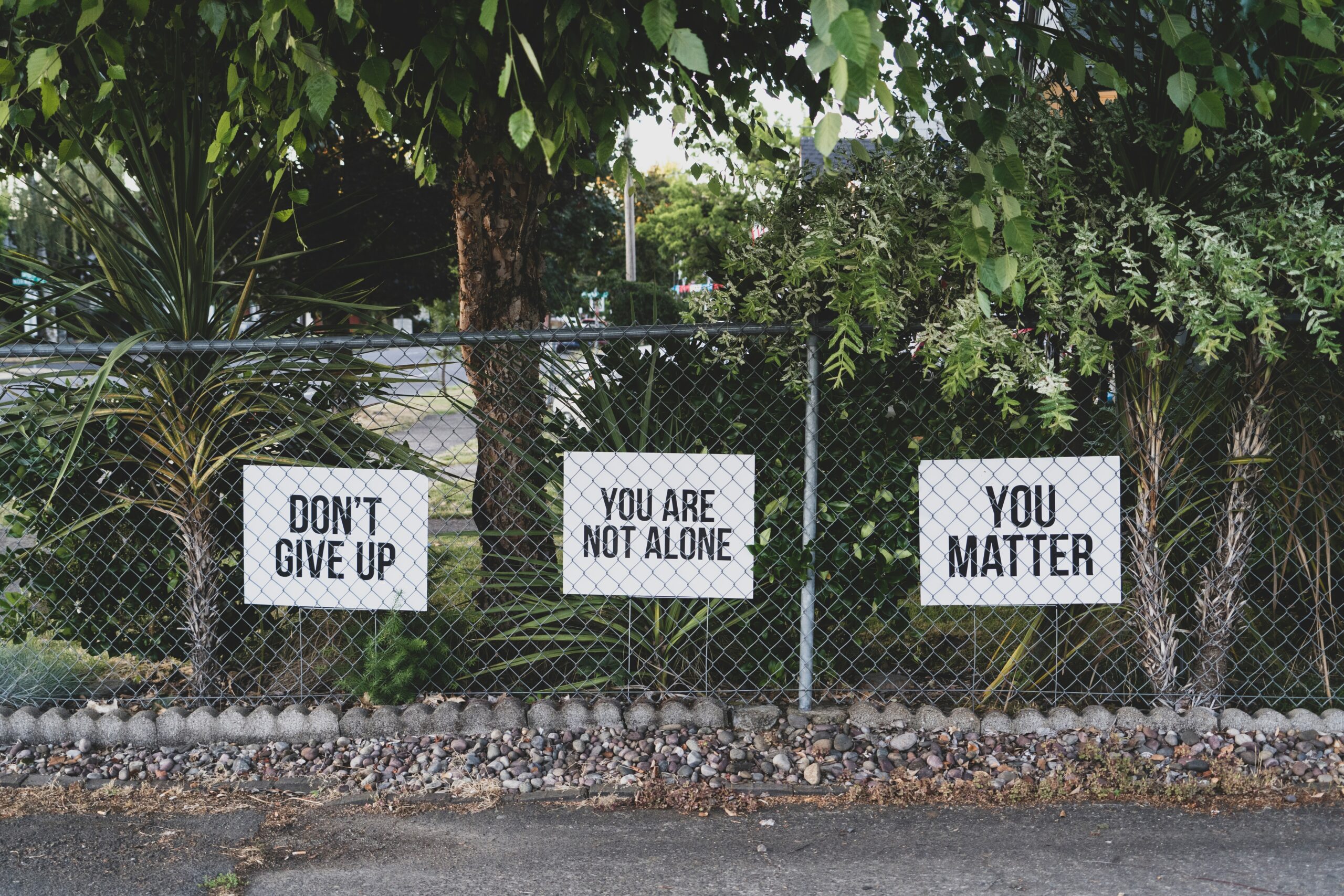Have you ever come across someone who seems to have stopped caring about everything? Have you noticed anyone experiencing feelings of worthlessness and excessive guilt? In both these instances, the person is likely to be suffering from different forms of depression.
Depression does not have a universal appearance. The symptoms drastically differ, and sometimes, the signs aren’t even there. You can be suffering from depression and still be smiling and cracking jokes.
Depression is a complicated mental illness. You cannot just snap out of it. People tend to hide their mental health issues and isolate themselves because it provides them with an escape from impending therapy and prolonged conversation with family members and friends.
If someone very close to you is depressed, it can affect your mental wellbeing as well. Here are five tips that may help you in the process of dealing with a friend or family member who is suffering from depression.
1. Listen to their stories with compassion
Most of the time you might find it difficult on how to start a conversation with someone about depression. You may be skeptical of what type of questions to ask. In that case, you can try offering a sympathetic ear and don’t get agitated when your friend or family member expresses feelings that concern you. Sometimes people just want to be listened to and have their feelings heard. Opening up to someone requires a lot of courage, so try not to be judgmental.
2. Don’t give advice
Looking for ways to help someone with depression is a wonderful action. However, giving instructions to people with depression on what they need to do to feel better may not be a wise thing to do. It is best to avoid “should” statements. Even though you intend to provide a helpful solution, your partner may not want to hear it at that moment. Instead, try helping them find the underlying cause of their depression which they may be failing to address.
3. Show appreciation
Try acknowledging the small things they do and let them know you are proud of them. This will make your relationship stronger as well as help the other person cut through the negativity. You can also try to inform them of the fact that they have had a positive impact on your life. Moreover, acknowledging your favourite traits about one can make one more of an optimistic person and improve one’s mental health.
4. Extend hangout invitations
People coping with depression might find it difficult to reach out to others for which you should try to invite them to different events. Even if they decline the invitation, it will make them feel like they are also a part of a bigger group, and that you will be there for them once they will feel better again.
5. Help them to find support
Encouraging your friend or family member to seek help from a therapist or mental health professional could show some positive results. Being depressed they may lose their motivation and hesitate before seeking help from doctors. It can also be helpful if someone makes an appointment on behalf of the person who is depressed, but only if that person makes this request.
“No health without mental health.”
– National Institute of Mental Health
It is extremely important to take care of your mental health. Even while helping someone fight depression, you need to ensure that your well-being is solid. Lastly, please share any tips you may have for helping others with depression.


















